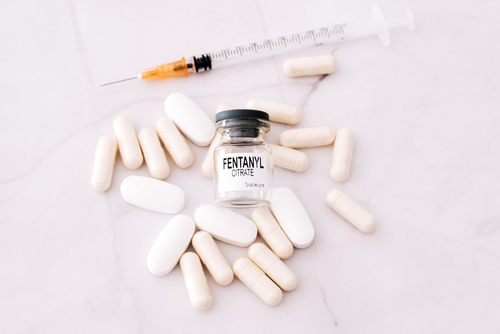
As the next phase of its campaign to target and block illicit fentanyl from entering the United States, the Department of Homeland Security (DHS) last week announced two new operations, Artemis and Rolling Wave.
These operations will dispatch multi-disciplined, interagency jump teams to strategic locations around the country. Their goal is the disruption of the supply chain used in deployment and movement of fentanyl. For this, they will use two different approaches, however.
Artemis will utilize intelligence and investigative information pulled from the success of the previous Operation Blue Lotus to target the supply chain and cut off items needed to produce fentanyl. This effort will be led by U.S. Customs and Border Protection (CBP) and supported by Homeland Security Investigations (HSI). At the same time, Rolling Wave will be more straightforward, surging inspections of inbound people and items at Southwest Border checkpoints.
“The intelligence and investigative work being conducted by DHS Agencies and with our federal partners to disrupt the fentanyl supply chain is unprecedented,” Secretary of Homeland Security Alejandro Mayorkas said. “These operations build on the success of Operations Blue Lotus and Four Horsemen, which from March through May prevented nearly 10,000 pounds of fentanyl from entering the United States and yielded invaluable insights into criminal networks. Cartels have been producing synthetic drugs for years, and the DHS workforce is unwavering in its dedication to stopping them. In the past two years, DHS seized more fentanyl than in the previous five years combined, and these operations are an example of how we are broadening that effort.”
In addition to the nearly 10,000 pounds of fentanyl those operations seized in their two-month stint, they also led to the arrests of 284 people. Ports of Entry remain a major focus for DHS, given that 90 percent of fentanyl is trafficked through their points in cards and trucks, according to the department.




